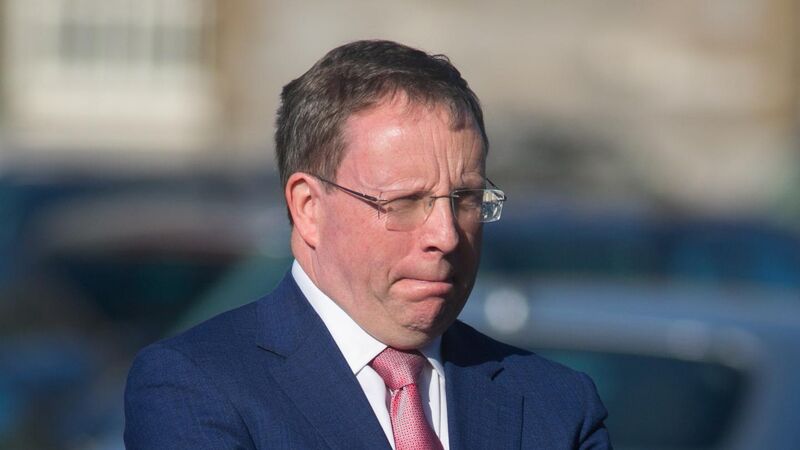Department denies responsibility for checking if people are self-employed

John McKeon, secretary-general of the Department of Social Protection. Picture: Gareth Chaney/Collins
The head of the Department of Social Protection has denied that his body has responsibility for determining whether someone is self-employed or not.
In his addresses to the Public Accounts Committee on Thursday on the subject of bogus self-employment, secretary-general John McKeon said there are three bodies that determine employment status — the Department, the Revenue Commissioners, and the Workplace Relations Commission — and that his Department is responsible “for determinations in terms of social insurance”.










